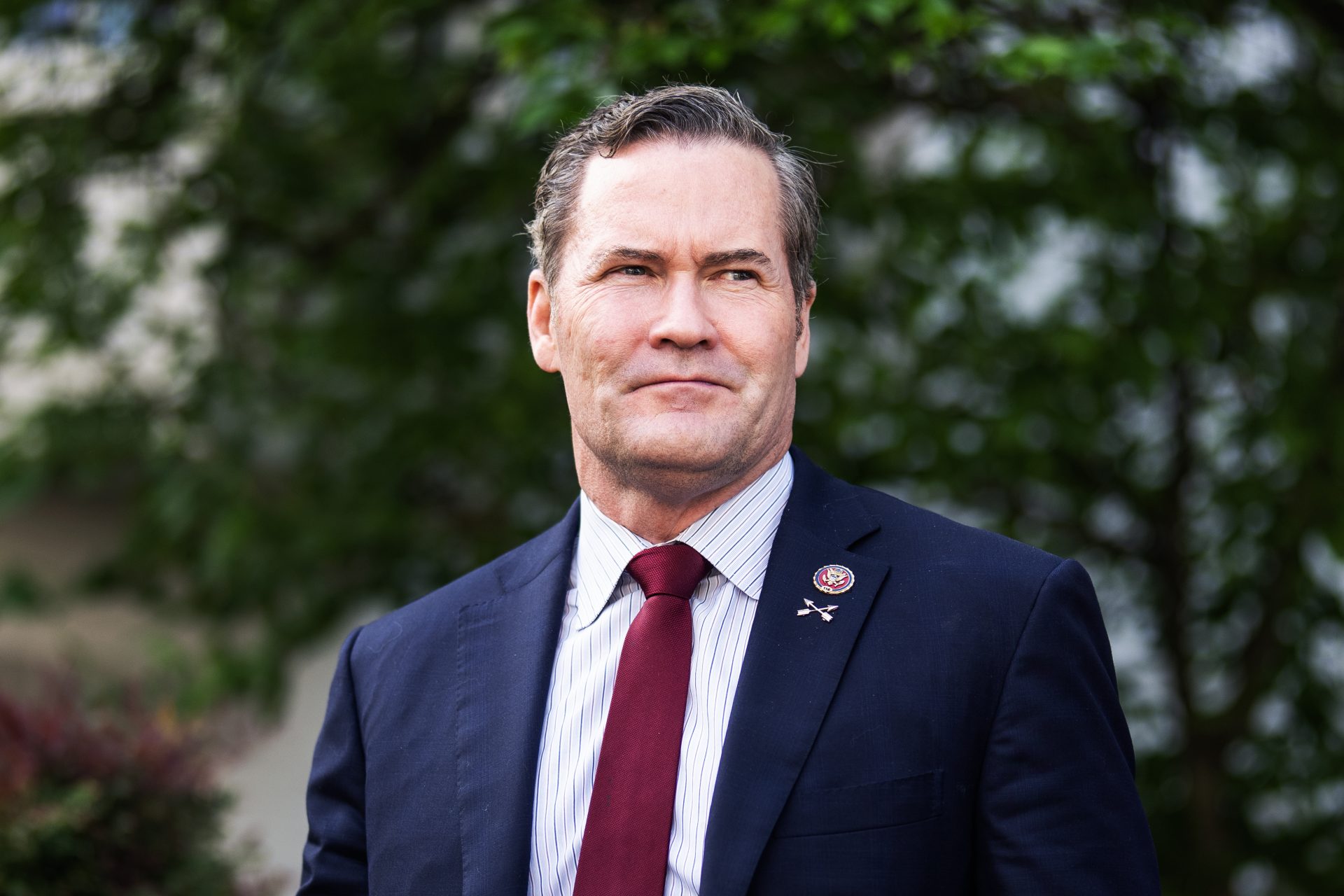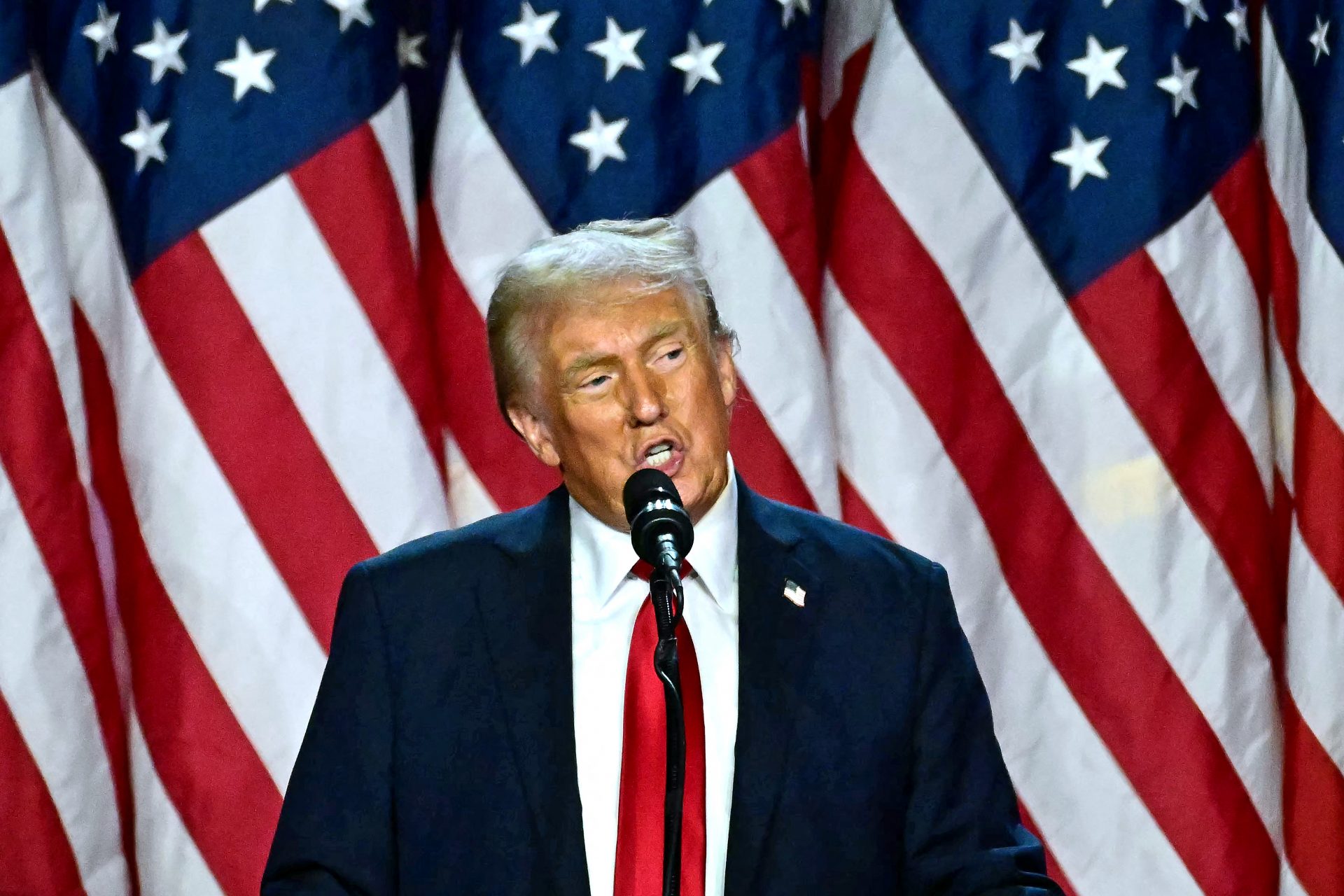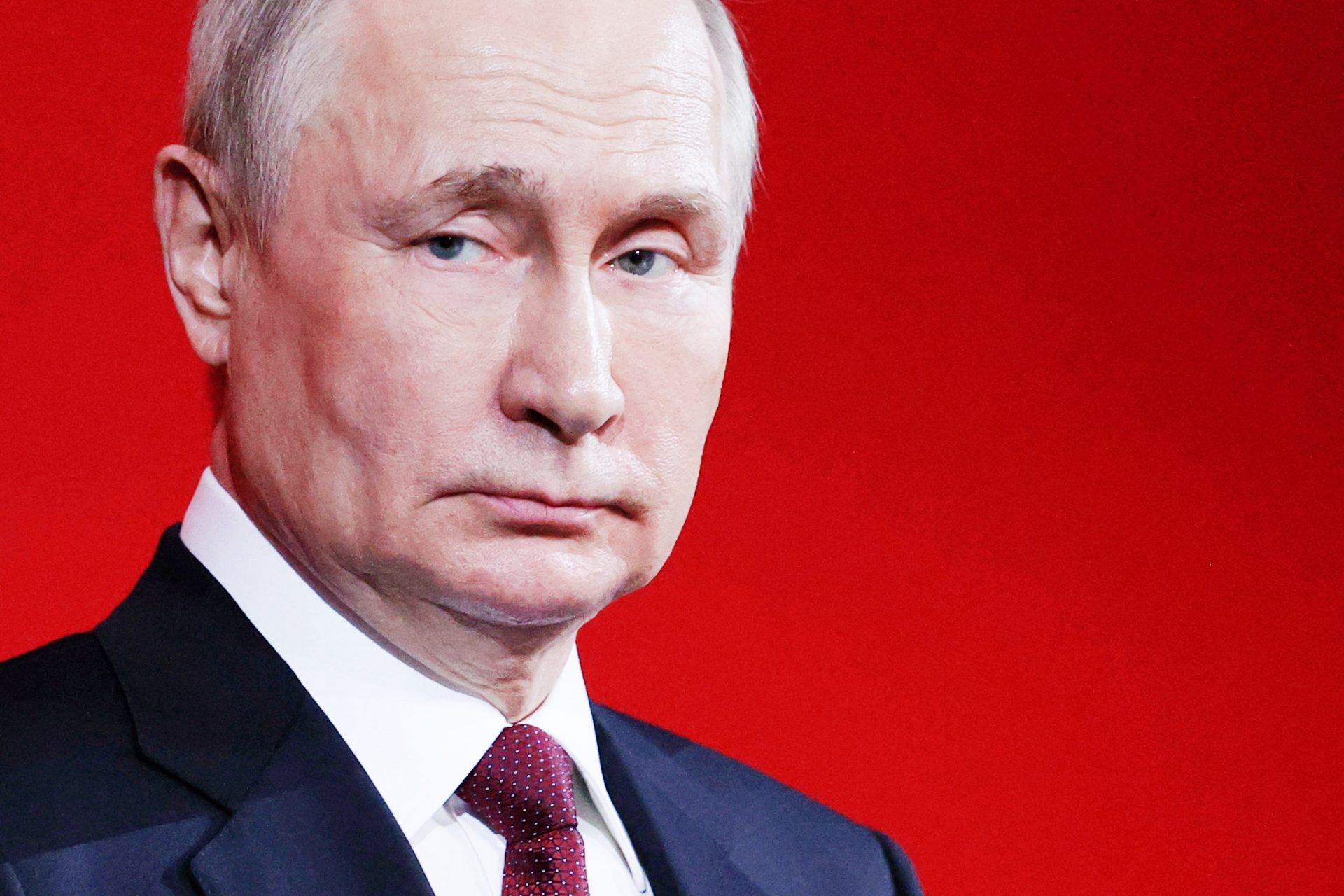Europe wants to build a Trump-like wall to stop immigration
"We need to 'pull the brake' on illegal migration in the EU," said Austrian Chancellor Karl Nehammer, emphatically at a meeting held on February 9 in Brussels where several European heads of government addressed the issue of migration.
According to Reuters, the Austrian president alluded to a wall or fence to protect Europe, which is inevitably reminiscent of Trump's famous project on the border between Mexico and the United States.
What the Austrian chancellor defended his view in Brussels that the European Union should finance border walls, something for which until now there was no aid: ""We need the money for it, no matter if you call it a fence or boarder infrastructure."
Karl Nehammer, belongs to the conservative Austrian ÖVP party. The politician clearly demanded walls and fences to protect the EU and take action against the acute refugee crisis. A sentiment that is rarely expressed so clearly and resulted in the rejection of the idea by the other leaders of the European Union.
The extreme right that governs in some European countries, represented by the Hungarian Viktor Orban and the Italian Giorgia Meloni, support building walls. In fact, Orban assured that the only problem with what he built on the border of his country is that "it is not high enough."
Despite the opposition of some countries, on Friday, February 11, European aid to build these Trump-era-like fences and wall was approved at the summit held in Brussels on migration policy.
Shortly before the beginning of this special council of the European Union on migration policy held in Brussels, Nehammer assured that Europe is in an acute crisis and that, therefore, clear and rapid measures must be taken.
The Austrian chancellor told the German newspaper Bild: "The protection of the EU's external borders is a necessity, not a whim."
The politician also said in relation to the free space for travel within Europe: "If Europe cannot protect its borders, then the Schengen area will lead to absurdity."
He added: "It is unacceptable that migrants who cross safe third countries also cross the external borders of the EU without obstacles."
The Austrian leader insisted: "Empty phrases will not suffice." For Nehammer it is clear that immigration is a threat and a problem that only has one solution: walls and fences.
Opposite to the Austrian leader's position, there are other leaders who refuse to turn the European Union's immigration policy into a factory for erecting fences and walls.
"Do we want to turn Europe into a fortress?" asked Xavier Bettel, Prime Minister of Luxembourg, according to Reuters.
"People move because in their countries there is not a future, there is no peace, there is no stability," said Josep Borell, Vice-President of the European Commission.
The debate in Europe is very intense around the dilemma of the waves of migration and refugees that are arriving.
As stated in a Deutsche Welle article: "In 2022, there was a dramatic increase in the number of asylum applications in the EU. There were 924,000, according to the European Commission, compared to 630,000 in 2021."
Chancellor Olaf Scholz recently commented on this matter in a government statement in which he called for better control of the EU's external borders.
The German chancellor maintained, according to Bild: "It is very clear: anyone who does not receive the right to stay here has to leave Germany. That is why we have reduced the legal obstacles to expelling criminals and those who are dangerous, and we have extended detention until deportation.”
It is clear that migratory pressure is considered a problem for both the social democratic German chancellor and the conservative Austrian chancellor, but this does not mean that both agree exactly on the policies that the European Union must follow (and finance).
Austria and seven other EU countries wrote a letter to the President of the EU Commission, Ursula von der Leyen, and to the President of the EU Council, Charles Michel, in which they demanded a solution, as soon as possible for better border protection.
Be that as it may, trying to stop the migratory waves caused by war or poverty with walls does not usually give great results. It did not work in the United States and it will not work in Europe either.
More for you
Top Stories


































